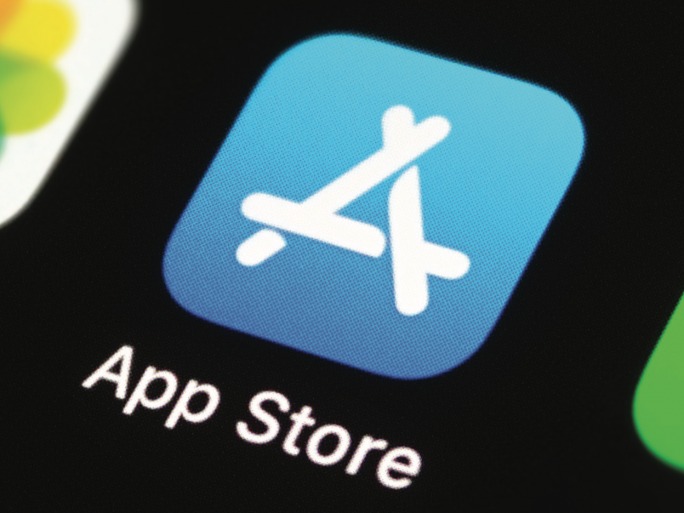EU customers can download apps outside App Store, Apple announces.
2 min read
The shift aligns with Brussels laws; a similar move in the UK may follow soon.
Apple adapts to Brussels laws, permitting EU customers to download apps externally. Additionally, iPhone users gain browser and payment options. Alternative app stores may also be installed, including Google Play.
However, there’s a catch: developers using this option face a flat fee per installation, disrupting free-to-play models and restricting eligible apps. Apple implements these changes, effective with a March iOS update, to align with the EU’s Digital Markets Act, promoting competition among major tech gatekeepers like Apple.
Phil Schiller, the head of Apple’s App Store, stated, “Today’s changes adhere to the Digital Markets Act in the EU, addressing privacy and security concerns arising from the regulation.”
In official statements, Apple expressed dissatisfaction with the imposed measures, noting that the Digital Markets Act introduces greater risks, including malware, fraud, scams, and privacy threats. The changes also hinder Apple’s ability to detect and prevent malicious apps on iOS and support users impacted by issues with apps downloaded outside the App Store.
Apple’s adjustments may soon extend to the UK, as the digital markets bill is anticipated to empower the country’s competition watchdog for big tech regulation.
Apple clarified that no commission would be charged for developers sidestepping the App Store. However, a “core technology fee” of €0.50 per app installation would be imposed, particularly for high-volume downloads. This fee applies even if users install an app through Apple’s store, provided developers offer the app to iPhones through alternative channels.
The fee is billed annually, applying to both initial installs and subsequent updates, with exemptions for reinstalls and updates within a 12-month period. Apps enjoy the first 1 million “first annual installs” at no charge, limiting the fee to under 1% for most developers.
While some services, like digital media platforms, can quickly recover the per-user fee through smaller card payment commissions, it poses economic challenges for sectors like free-to-play gaming. This includes Epic Games, a vocal critic of Apple’s App Store policies, whose flagship title, Fortnite, is free to play.
This isn’t the first instance of a major platform proposing a per-install fee. In September 2023, gaming platform Unity introduced a similar fee, charging game apps using its technology $0.20 per install after the first 200,000 installations. The ensuing backlash resulted in the departure of the company’s CEO and a substantial overhaul of the fee structure.



